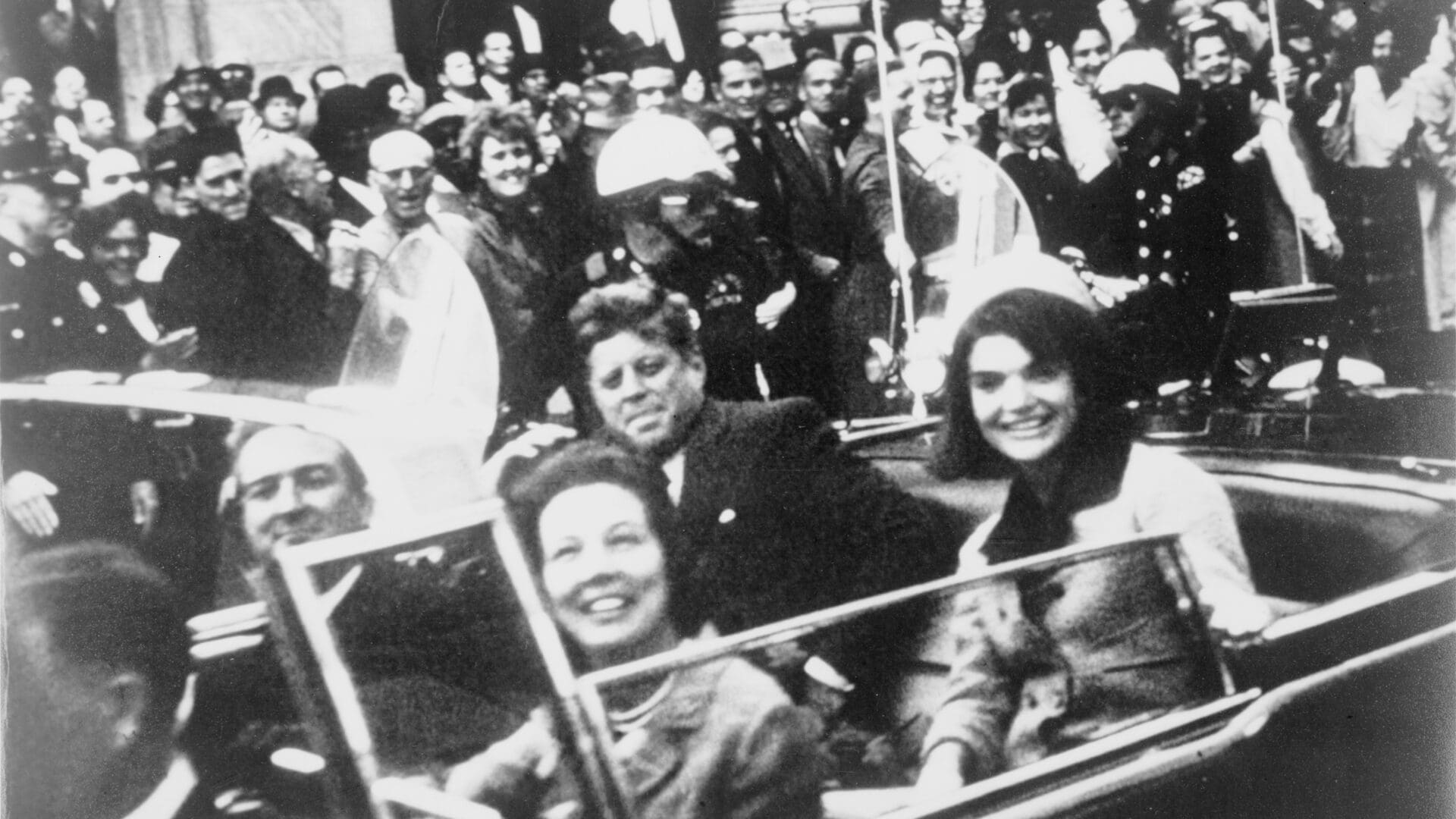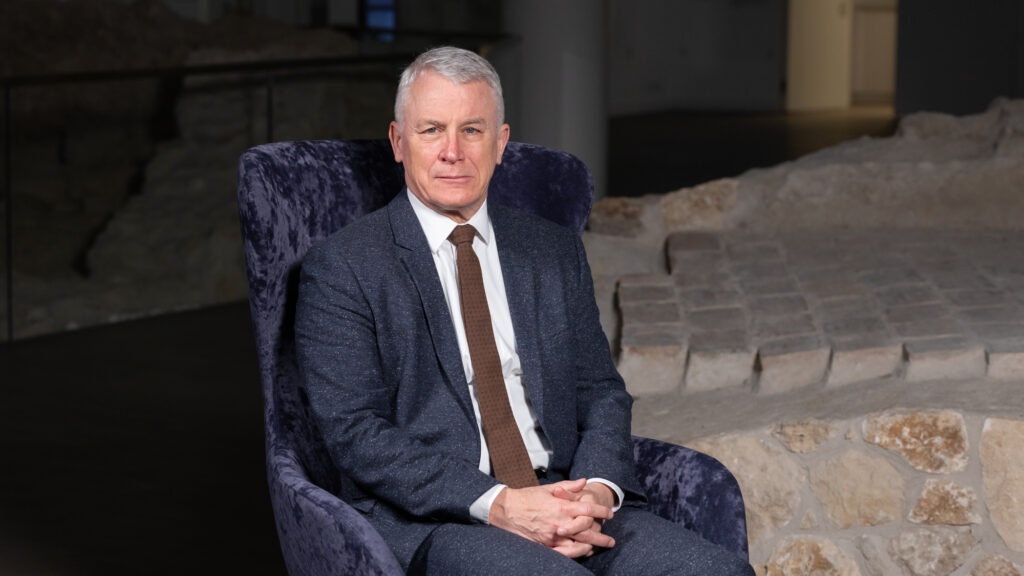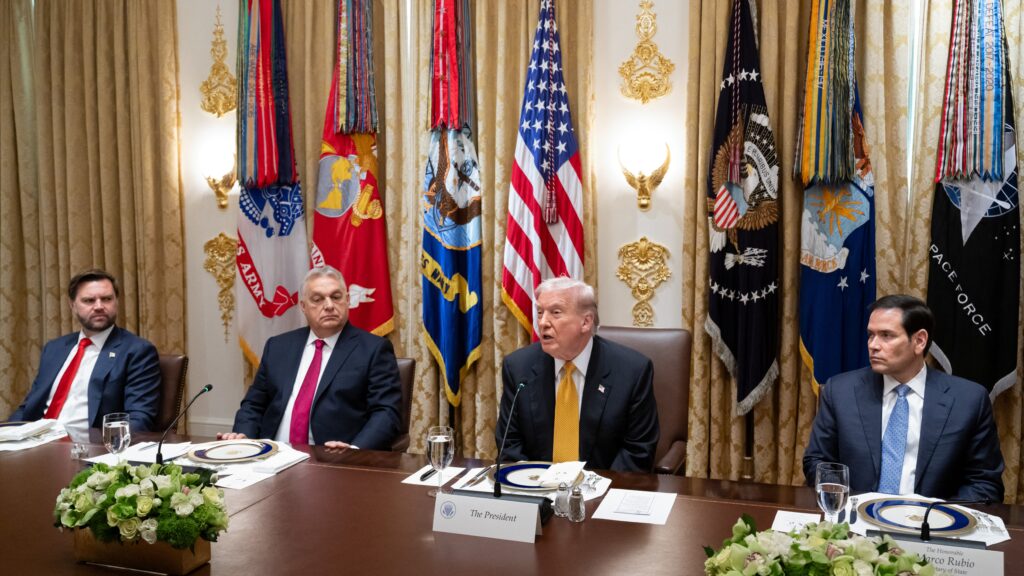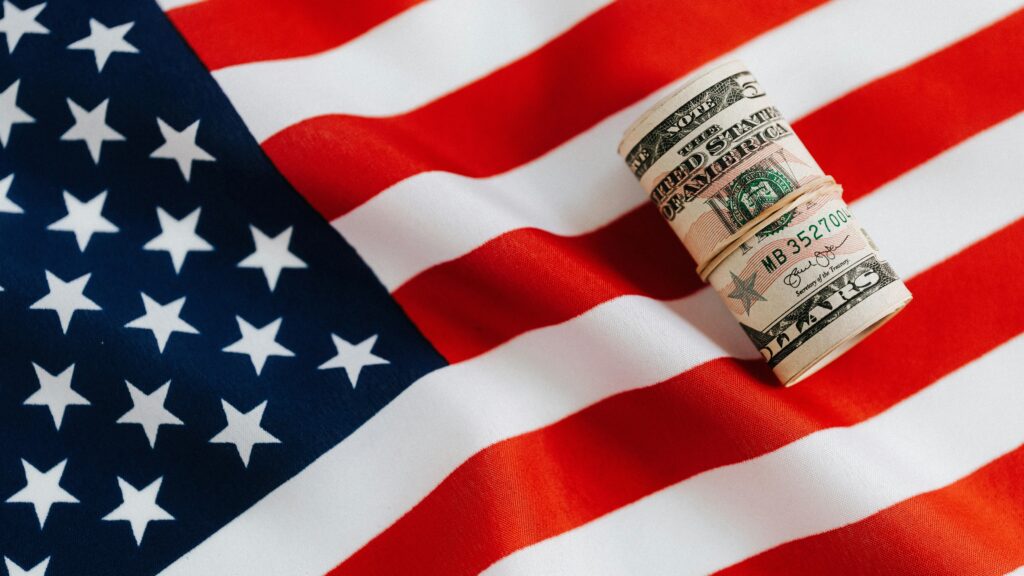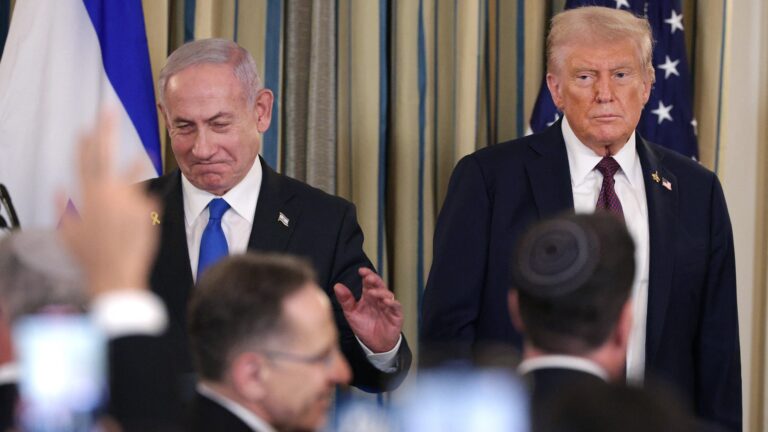Former President Donald Trump, in his bid for a return to the White House, time and time again, one campaign rally after another, has riled up his supporters into strident cheers vowing that if he is re-elected he will ‘reclaim our democracy from Washington once and for all [by] dismantling the deep state’.
Indeed, last year during a campaign rally in Waco, Texas, which coincided with the 30th anniversary of the federal siege of anti-government cult leader David Koresh’s compound that left 75 people dead, including children, Trump went so far to say:
‘Either the deep state destroys America or we destroy the deep state.’
As president, Trump frequently deployed the term, often to denounce whistleblowers, leakers from the U.S. intelligence community, and government bureaucrats who did not comply in absolute manner to his wishes.
This mirrors, to a certain point, President Richard Nixon’s persona who in his Walter Mitty fantasies saw enemies everywhere, even to the point of accusing them for his undesired resignation as president as a result of the Watergate scandal, even though he ordered the break-in at the Democrat Party headquarters and then tried to cover it up by obstructing justice.
In Trump’s portentous, if not ominous depiction of the current state of affairs, the 2024 presidential hopeful does not present himself as a brash entrepreneur vexed by meddlesome government regulators as he had done during the 2016 presidential campaign or during his term in office. Instead,
he casts himself as a messianic strongman eager to capitalize on the power of the chief executive in order to restructure American society, culture, and law
that have been tainted by the deep state.
The question then is: Is there a ‘deep state’? And if so, what is the deep state?
The answer is yes, there is a deep state, but not in the apocalyptic manner Trump claims it to be.
Origins of the Deep State Concept
If one were to Google the term ‘deep state’, one finds:
‘…[a] potentially secret and unauthorized networks of power operating independently of a state’s political leadership in pursuit of their own agenda and goals.’ In America, it is a composition of ‘members of the federal government within the FBI and CIA, [amongst others], working in conjunction with high-level financial and industrial entities and leaders, to exercise power alongside or within the elected United States government.’
Essentially speaking, the concept of a deep state is a shadow government that is associated with conspiracies, such as QAnon or Pizzagate. Many of these schemes are unexamined, if not proven to be baseless. Yet they have convinced many Americans, especially Trump supporters, that there is a cabal of unelected officials secretively pulling the strings of American government.
The term ‘deep state’ is a calque of the Turkish word derin devlet (‘deep state’),in which men in Turkey were recruited from paramilitary and criminal elements during the time-span that encompassed the Balkan Wars (1912, 1913), when the Ottoman Turks lost most of their European possessions; the Allied occupation of Istanbul (1918-1923)after World War I; and the Turkish War of Independence (1919-1923), which was fought on three fronts against Greek, French, and Armenian forces.
Conspiracy theorists blame the deep state not just for the fiasco of the failed U.S.-backed Bay of Pigs invasion Cuba in 1961, but for the assassination of President John F. Kennedy in 1963, too—the CIA acted independently on the former, while U.S. government files on the latter, at the best of then-President Trump, were never declassified.
Paradoxically, it was under the Kennedy administration that what Americans today refer to as the deep state flourished.
On 16 October 1962, U.S. National Security Advisor McGeorge Bundy informed Kennedy that a U-2 reconnaissance mission over Cuba had photographed Soviet medium range ballistic missiles, nuclear capable weapons with a range of 1,200 miles. The president, instead of staying up all night with his advisors to see what could be done, reportedly went to a cocktail party across town in Georgetown at 2720 Dumbarton Street, the home of American journalist of Joseph Alsop, the nation’s most influential newspaper columnist at the time.
Also present were William Colby, future director of the CIA; Charles ‘Chip’ Eustis Bohlen, former ambassador to the Soviet Union; Allen Dulles, then-Director of the CIA; Frank Wisner, one of the founding officers of the CIA who played a major role in its operations throughout the 1950s, and Felix Frankfurter, an Austrian-born American jurist who served as an Associate Justice of the Supreme Court. These individuals all lived within blocks from each other; Kennedy also had a house nearby.
The president was not undermining his staff of advisors, some of whom suggested that he should launch an invasion of Cuba. Instead, he sought counsel from these unelected officials whom he trusted to advise him what to do, especially since they wielded so much power and influence in U.S. politics.
In 2016 former Republican congressional staffer Mike Lofgren popularized the concept of the deep state with his publication The Deep State: The Fall of the Constitution and the Rise of a Shadow Government. Lofgren, however, demonstrated that the deep state is a natural evolution of a combination of finance, military, industry, and intelligence organizations that while independent of each other, have a similar goal: to make sure people with money and power continue to hold onto their money and power regardless of political affiliation. In layman terms, the deep state is a group of lobbyists, like the National Rifle Association, the Koch Brothers, and the pro-Israeli AIPAC.
For those who know Roman history, the Praetorian guard, which was established by the Emperor Caesar Augustus in 27 BC, could be considered a deep state. They ousted, if not murdered, numerous emperors, replacing them with their own, such as Claudius in lieu of Caligula in 41 AD, or when they assassinated the Emperor Pertinax and then auctioned off the empire to Didius Julianus.
As Chancellor of the Archdiocese of Florence, my main responsibility is to confirm any public administrative act of my archbishop—as every chancellor in a diocese is required to do. At times, I have had to withhold my signature to a decree, effectively blocking my superior’s will because I deemed it not according to canon law and/or the civil law of Italy, which has caused undesired scuffle. That does not mean that I am part of a deep church—no pun intended—any more than a federal bureaucrat opposes a presidential order. Of course, this does not dismiss selfish interests on those who hold such positions.
The deep state is nothing new, for it has existed throughout history and in different forms. What is new is the paranoia and the theories that are swarming around in the U.S., when in fact the deep state, if that is what some wish to call it, does not really care who holds onto power.
Trump seeks to sweep away civil service protections that have been in place for more than 140 years, vowing to eradicate ‘every executive branch’ at will—he also promised in 2016 if elected he would appoint a special prosecutor to look into Hilary Clinton’s private email use, suggesting she would be in prison. The irony of Trump’s crusade against the deep state is that he will need to create a deep state to accomplish this, i.e., a powerful bureaucracy loyal to him over the country’s federal agencies.
The views expressed by our guest authors are theirs and do not necessarily represent the views of Hungarian Conservative.

